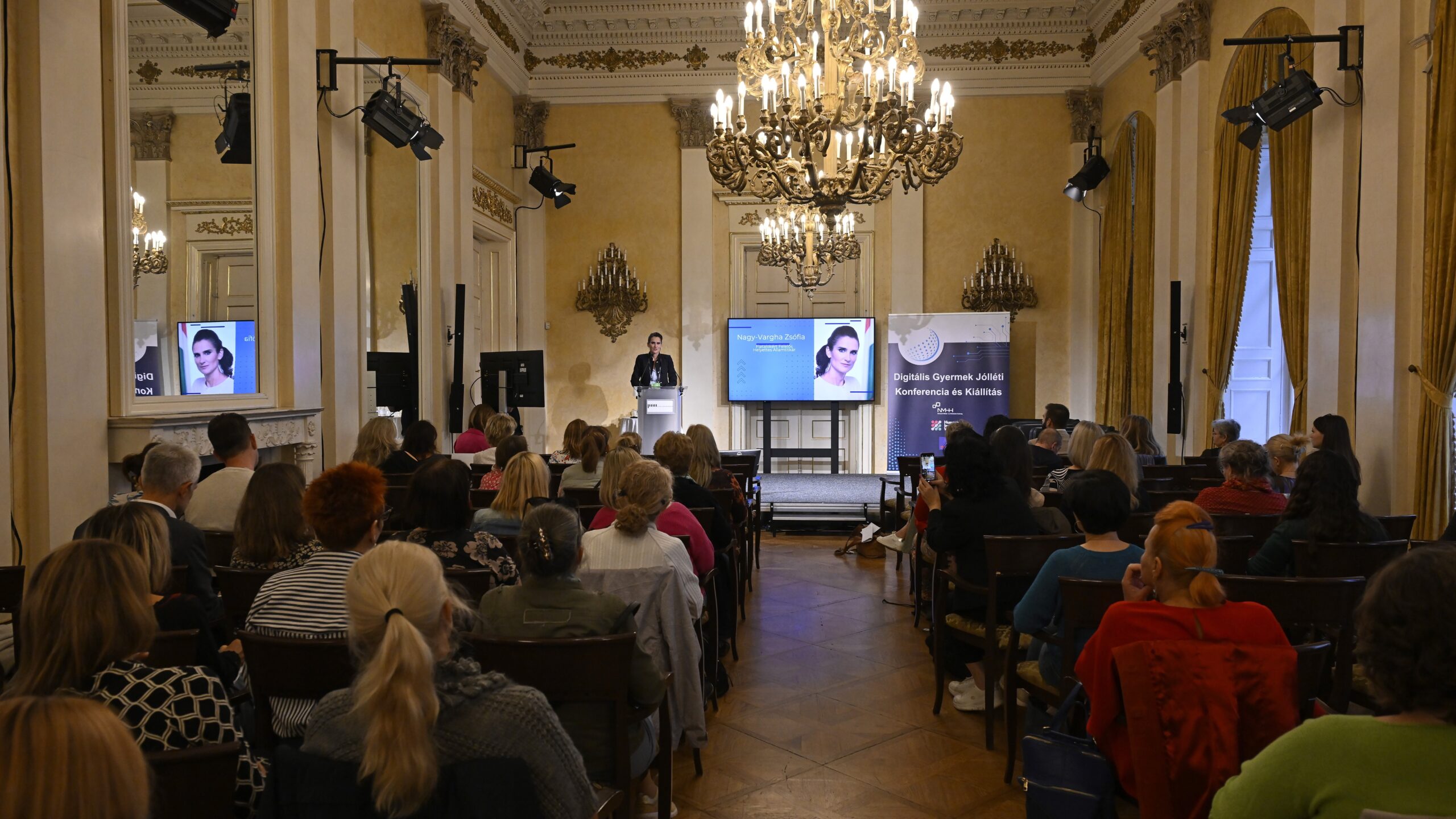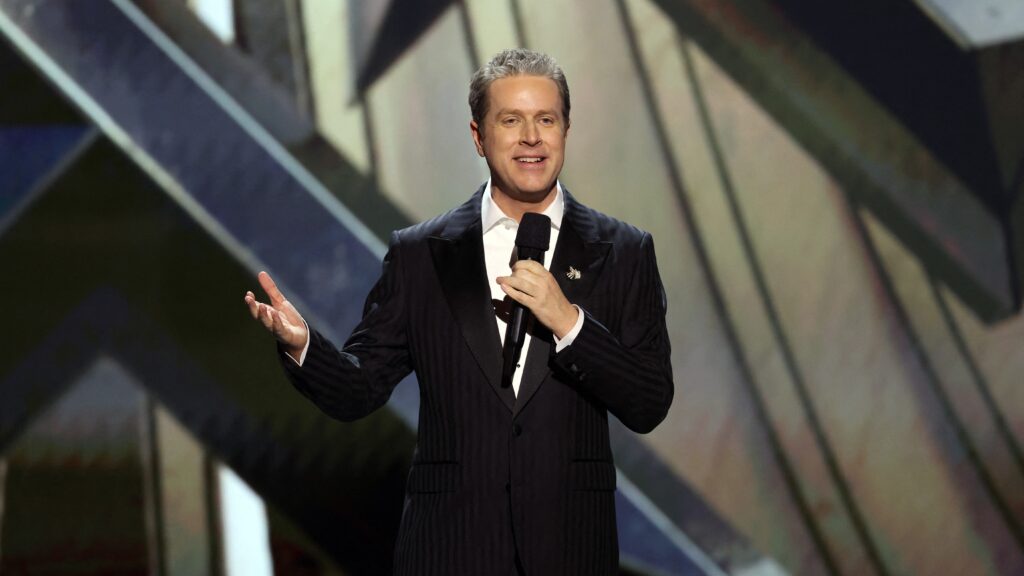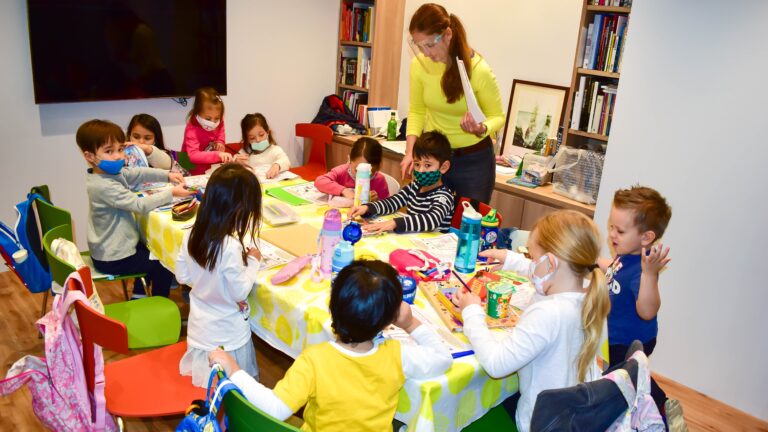Despite their significant online presence, young people miss real communities the most, Zsófia Nagy-Vargha, Deputy State Secretary for Youth Affairs at the Ministry of Culture and Innovation (KIM) stated at the opening of the Digital Child Welfare Conference and Exhibition in Budapest on Saturday.
She reported that according to survey data, members of the so-called Generation Z spend six to seven hours online on weekdays, and up to ten to twelve hours on weekends, most of which is dedicated to using social media platforms.
Experts also asked young people what they miss most in their lives, and most said real communities, Nagy-Vargha explained in her speech. She added that another study found that members of Generation Z identified loneliness as the most disruptive factor in their lives.
The Deputy State Secretary emphasized that it would be important therefore to help young people reduce the amount of time they spend online, or if this is not possible, make it more beneficial.
Drawing on her personal experiences, Nagy-Vargha shared that restricting the use of mobile phones in schools has led to phenomena where children began engaging in real community activities and communicating with each other in person, with many not missing their digital devices during school hours.
The government and the responsible Ministry of Culture and Innovation (KIM) aim to reduce and alleviate digital addiction, she stressed. Last year, the ministry launched a grant through which they established contact with numerous youth organizations; the goal of these programmes is to raise awareness of the dangers of the digital world and the conscious use of smart devices, the Deputy State Secretary explained.
At the event, Ákos Gergő Somogyi, Head of Department at the National Media and Infocommunications Authority, spoke about the fact that the dangers posed by the digital world affect children the most, and thus parents and teachers bear a significant responsibility in fostering conscious education. A new challenge is posed by the rapid spread of artificial intelligence, which often deceives those affected due to its fast development. We can do the most for the mental health of future generations, he added.
Related articles:







